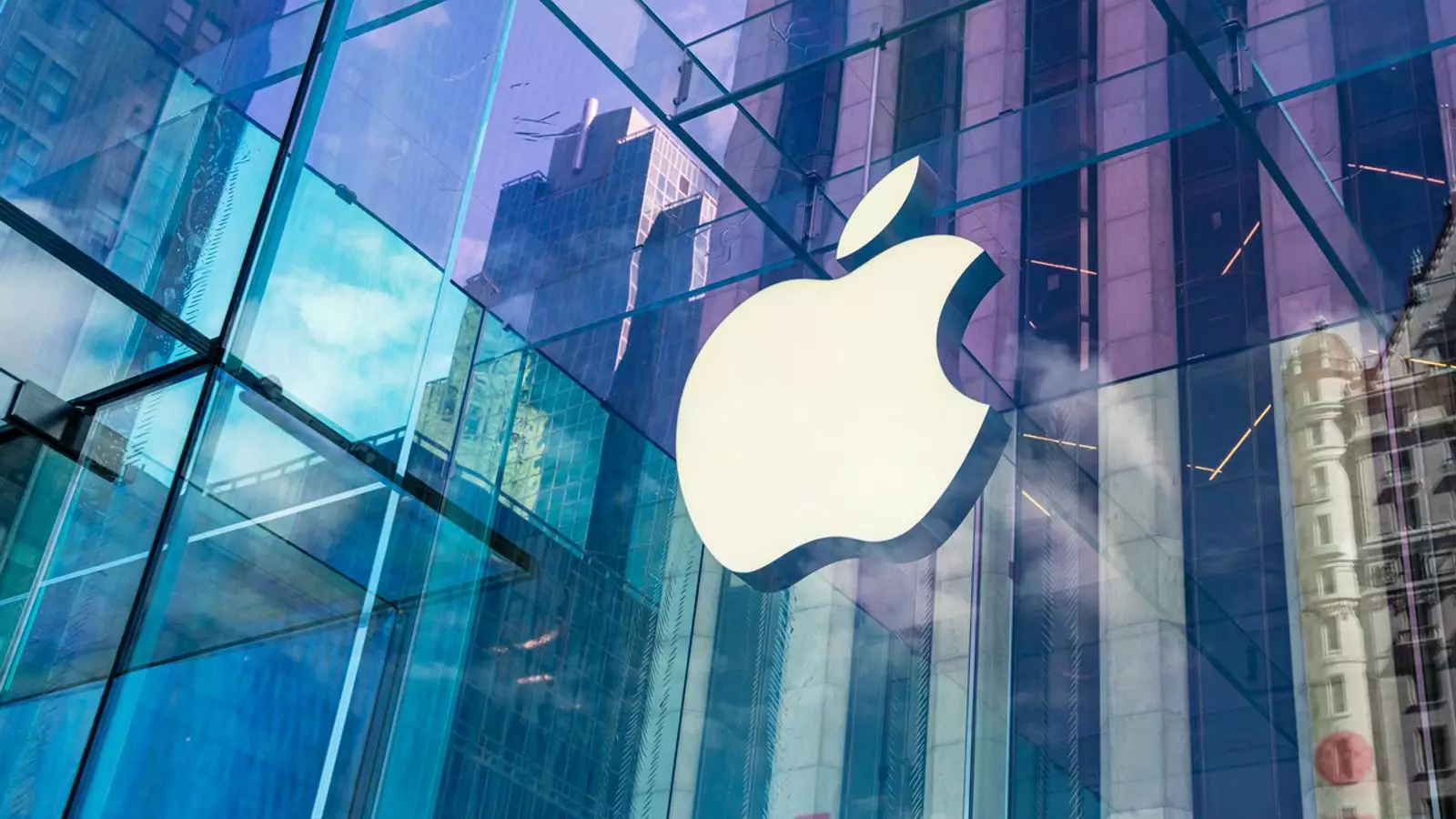The tension between privacy rights and government security measures has once again come to the fore, with reports revealing that the UK government has issued an unprecedented Technical Capability Notice (TCN) to Apple. This mandate demands that the technological giant grant government access to its users’ encrypted data stored in the cloud—a move that raises significant legal, ethical, and technological concerns. As discussions unfold regarding the implications of such an order, it is imperative to dissect the broader implications for users, technology companies, and international relations.
Understanding the Technical Capability Notice
The Technical Capability Notice serves as a governmental tool under the Investigatory Powers Act of 2016, which allows the UK government to require communication service providers to assist in operational activities geared toward surveillance and security. Although the specifics of this notice are typically cloaked in secrecy, reports suggest it would allow for a sweeping capability to access encrypted information without the consent or awareness of the individual account holders. This blanket approach frightens both consumers and civil liberties advocates, primarily because it steps into murky waters concerning individual privacy rights.
At the heart of the government’s rationale is a claim that such measures are vital for child safety, crime prevention, and national security. However, these intentions are part of a broader trend where governmental authorities seek to circumvent the protections inherent in encryption technologies designed to ensure user confidentiality. The crux of this situation lies in the fine balance between safeguarding the public and infringing upon civil rights.
The backlash against the UK government’s stance is multifaceted; opponents argue vehemently that instigating such access is inherently a breach of individual privacy. Concerns are amplified by the potential risks to whistleblowers, journalists, and regular citizens who rely on encryption to protect sensitive information from not only state interference but also potential exploitation by malicious actors. In this age of information warfare, the sanctity of personal data is paramount, and the possibility of governmental overreach in this domain could lead to far-reaching ramifications.
Opponents of the TCN also express concern that if the UK government successfully implements this order, it could embolden authoritarian regimes in countries like China to impose similar requests, forcing Western companies into compromising positions that challenge their ethical frameworks. The global standard for privacy is at risk of becoming diluted as state demands evolve, creating a domino effect of eroding trust between technology companies and their users.
Apple has historically championed user privacy, positioning itself as a bastion of protection against encroachments on civil liberties. Their Advanced Data Protection (ADP) system fortifies this commitment, ensuring that only users can decrypt their data. This end-to-end encryption methodology means that, under normal circumstances, not even Apple holds the keys to this information.
However, the government’s TCN presents a direct challenge to this core principle. Apple’s stance—that a mandate compelling them to decrypt information undermines human rights—reflects concerns not merely about their corporate integrity, but also about the broader implications for democratic principles. Apple has articulated its apprehension about the potential for the UK to emerge as a “global regulator” in security technology, which could trigger increased tensions with other international regulatory bodies, such as the EU and the United States.
The Legal and Diplomatic Ramifications
The stakes are high legally and diplomatically. Apple may find itself forced to navigate uncharted territories if it seeks to appeal the TCN, which occurs in private and may not be disclosed to the public. This opaque process creates an environment of uncertainty where corporate compliance could potentially conflict with the rights of global citizens. Furthermore, as the political landscape shifts and new power dynamics emerge, the precedent set by this order could dictate the future of data privacy legislation worldwide.
In the face of the UK government’s stern stance against social media platforms and technology companies, as seen through initiatives focusing on AI-generated abuses and responsibilities for content moderation, it is evident that this struggle for control of digital landscapes extends beyond mere compliance. It positions technology companies not only as service providers but also as key players in a geopolitical chess game involving human rights and freedom.
The ongoing dialogue surrounding Apple’s TCN order highlights a fundamental conflict between competing philosophies toward privacy and security. As the UK government pushes for access to encrypted data under the pretext of public safety, questions regarding user rights, corporate ethics, and internationally respected privacy standards come to the forefront. Ultimately, this debate is emblematic of a larger conversation about the role of technology in our lives—a reflection of how society will handle the evolving complexities of security and privacy in the digital age. As we move forward, the resolution of these issues will not only affect corporations and governments but will also shape the lived experiences of individuals around the globe.


Leave a Reply